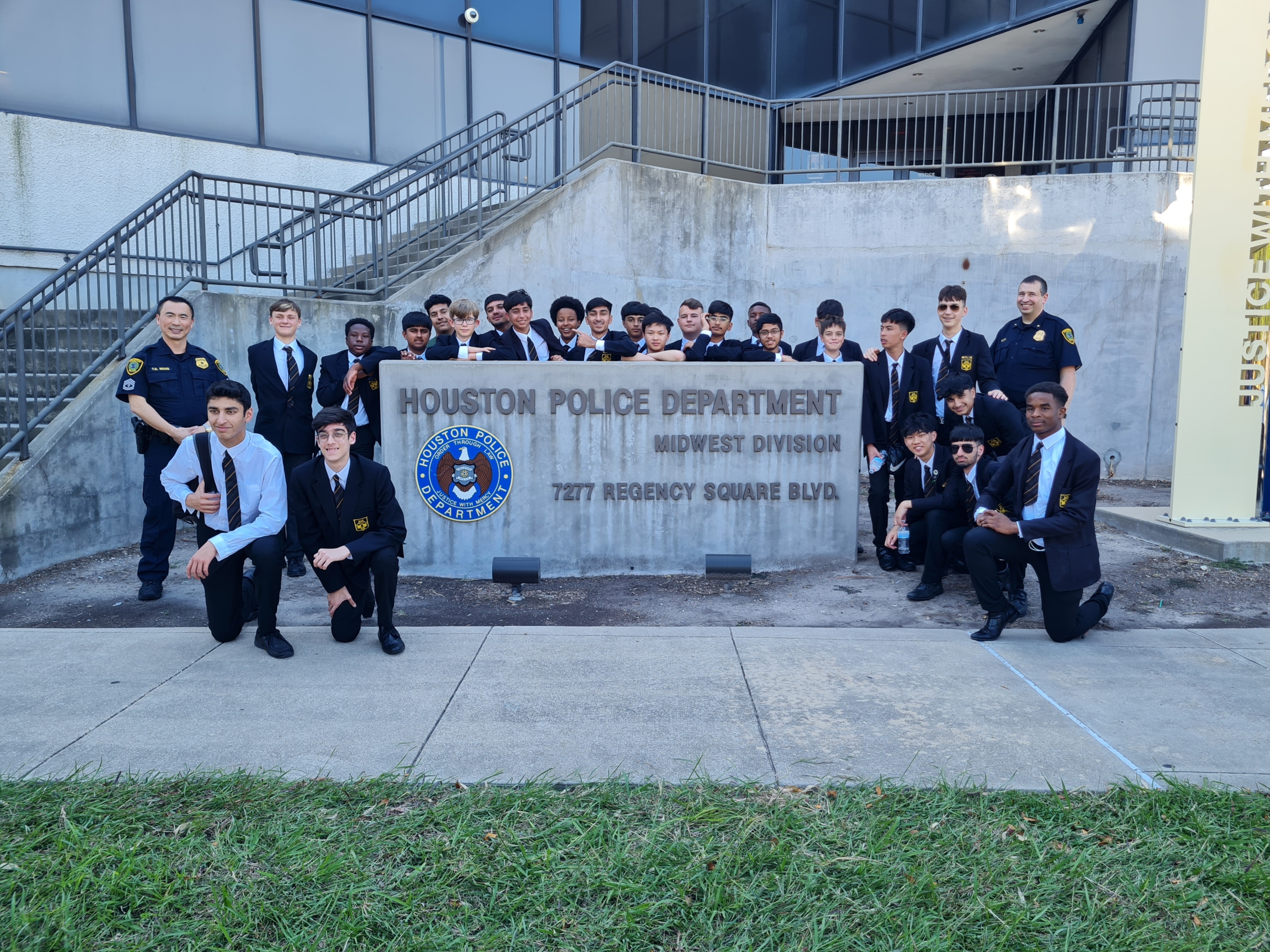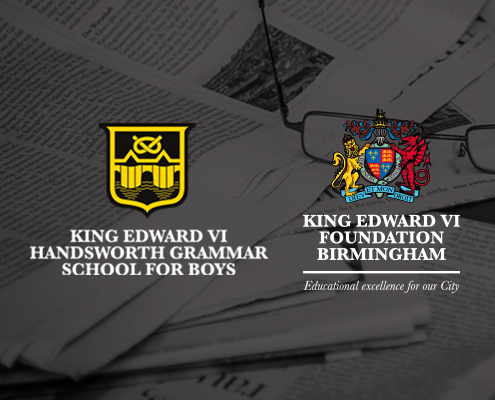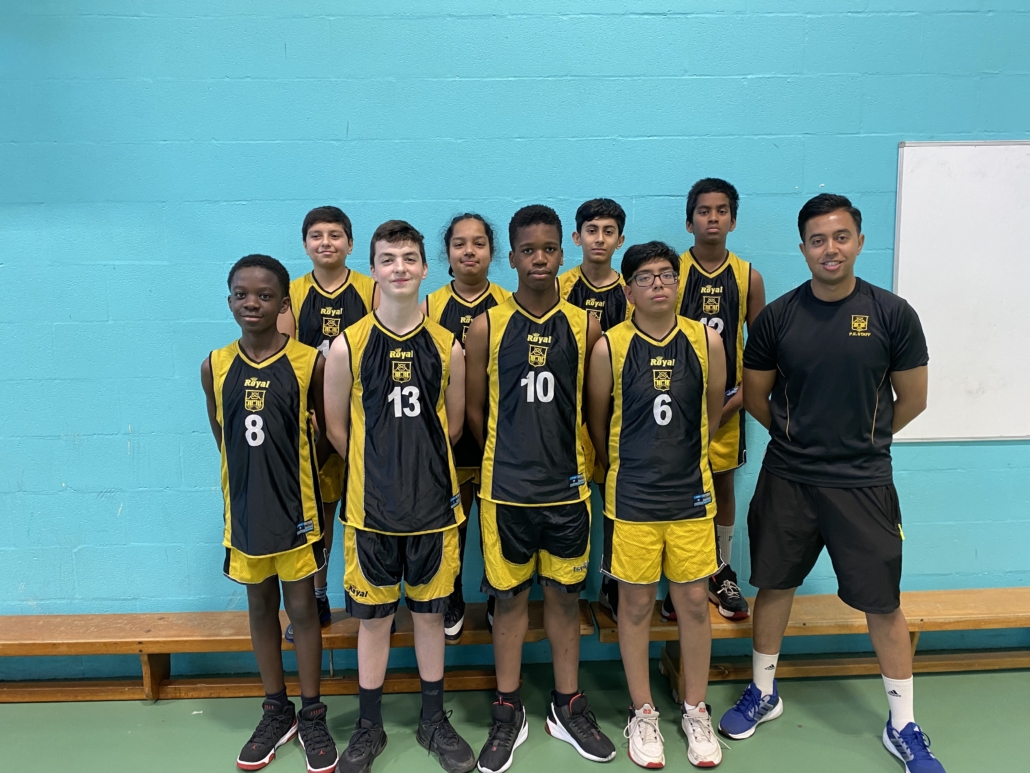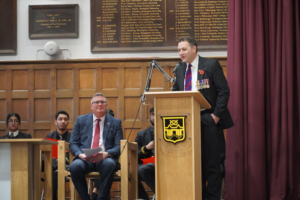Texas Trip – Raza Khan
Our flight to Texas was mostly uneventful, however after several films and hours of sleep, we landed in George Bush Intercontinental Airport. We were picked up by our coach and finally reached our destination, the Hyatt Place Sugarland hotel. We were met with the warm reception of Mrs McMahon, who helped organise the trip from the USA side, and Principal Stewart, the head of John Foster Dulles High School. We spent our first evening touring the local area and capped it off with a trip to the local Target, where we indulged in some of the local cuisine.
On Monday, we woke up at 6am to attend our first day at the high school. Immediately, you could see how huge their school was in comparison to ours, some of the hallways were nearly as wide as our classrooms! We were paired with our American counterparts and attended all their lessons, whether it was Band class, Algebra, or World History. We ended the day by spending our evening at Main Event Entertainment, playing laser tag, bowling, and pool.
One of my favourite days was on the Thursday, where we started the day at school but left afterwards to visit the Houston Galleria Mall. The mall was absolutely massive with countless rows of shops and restaurants to choose from. We ended this day by going to watch an away match for the Dulles High School Football (the American one) team, and even though they did not win, it was still amazing to see how different the sports culture is in the States compared to how we do it in the UK. Each team had their own band and set of cheerleaders and at half time, they had a grand show. We concluded the day with a warm meal at McDonalds.
On the trip, we visited so many more parts of Texas such as the Gulf of Mexico and the Galveston Pier, Brazoria County Fair, the Lone Star Flight Museum, and even a police station! The trip was an amazing experience for me and everyone else, I will never forget the countless memories and all the pictures I took during that week!
Raza Khan (11G)
Click here to view more photos in the gallery.








































